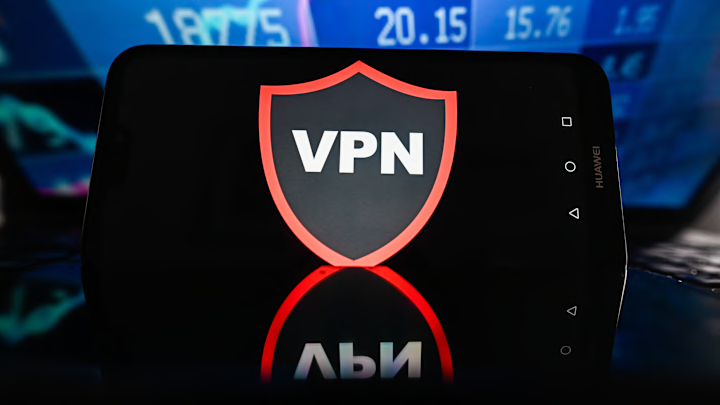Privacy and security have become paramount concerns for anyone who uses the internet. Data breaches, hacking attempts, and privacy invasions have got us all on our toes, doing what we can to protect ourselves, making the question of whether or not to use a Virtual Private Network (VPN) more relevant than ever. But do you really need to use one, and what kind of protection do they offer?
What is a VPN?
A VPN, or Virtual Private Network, is a service that encrypts your internet connection and masks your IP address, making your online activities virtually untraceable. People typically use a VPN to protect sensitive data, maintain online privacy, and bypass geo-restrictions to access content only available in other countries.
Reasons to Use a VPN
Enhanced Security
The main reason to use a VPN is to improve your online security. VPNs encrypt your internet connection, making it much more difficult for hackers to intercept your data, especially when using public Wi-Fi, which usually has little security in place.
Privacy Protection
Internet Service Providers and many websites track your online activities, often selling your data to advertisers. A VPN helps protect your privacy by masking your IP address and encrypting your internet traffic, ensuring that your online activities remain private and secure.
Access Restricted Content
Many websites and streaming services restrict content based on your geographic location, and a VPN will help you get around those restrictions. Many people use them to access streaming services like Netflix in countries where it isn’t available and to get access to shows that aren’t available in their country but are available on the service somewhere else.
Torrenting
Torrenting is a P2P method of downloading files from the internet. While it’s a common way to share open-source programs, it’s also a popular way to download music and movies illegally, causing copywriting watchdogs and other authorities to monitor websites that make use of this service heavily. They can quickly identify your IP address if you are not using a VPN.
When Might You Not Need a VPN?
If you’re only browsing the web and not transmitting sensitive information, you might not need the extra layer of security that a VPN provides.
When using a home network or a trusted private network, the risk of cyberattacks is significantly lower compared to public Wi-Fi networks, so a VPN may be less critical.
VPNs can sometimes slow down your internet connection due to the encryption and routing process. If you need maximum internet speed for activities like online gaming or video conferencing, you might choose to disable your VPN temporarily.
Are VPNs Legal?
Yes, using a VPN is legal in most countries. However, some countries with strict internet censorship, such as China, Russia, and Iran, have laws that restrict or ban the use of VPNs. It’s best to check with your local authorities regarding the use of VPNs in your area. It’s also important to remember that downloading music or videos or engaging in any other behavior while using a VPN is still against the law, and there may be other ways to get caught.
Can a VPN Slow Down My Internet Connection?
Yes, a VPN can slow down your internet connection due to the encryption and routing process.
Will a VPN Keep Me Completely Anonymous Online?
Unfortunately no. A VPN hides your IP address, but websites might still tack you through cookies, browser fingerprinting, and other methods. A privacy-centered browser can help improve your privacy further.
Can I Use a VPN on All My Devices?
Many VPN providers will protect all devices, including routers, with a single subscription.
Is Using a Free VPN Safe?
Free VPNs often come with limitations and potential risks. They are usually slow, and some have questionable business practices. It’s essential to do plenty of research before signing up for a free VPN.
Can I Use a VPN for Online Banking?
Online banking is a great use for online banking, as it provides an extra layer of security to protect your sensitive information from hackers and cybercriminals.
How Secure Is the Encryption Used by VPNs?
Most reputable VPN providers use strong encryption protocols such as AES-256, which is considered highly secure and used by governments and security organizations worldwide. This level of encryption ensures that your data remains protected from unauthorized access.
